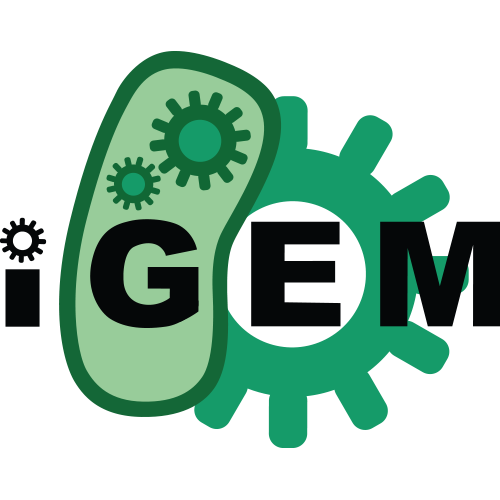Source:
Generated By: https://synbiohub.org/public/igem/igem2sbol/1
Created by: Trinh Nguyen
Date created: 2016-10-18 11:00:00
Date modified: 2016-10-19 06:04:27
pENTR L4_EGSH 4x k-turn_R1
| Types | DnaRegion |
| Roles | DNA sequence_feature |
| Sequences | BBa_K2100055_sequence (Version 1) |
Description
This basic part entry vector is flanked by L4 and R1 sites, which are used to denote a promoter. This can be cascade with a gene (flanked by L1, L2 sites) using an LR reaction and cloned into a backbone that has a negative selection marker between R4 and R2 sites. This part adheres to RFC 65 for recombination based cloning of mammalian parts.k-turn stands for kink turn motif in the messenger RNA. The k-turn motif is a part of the L7Ae/k-turn RNA-based repressing system. By putting the k-turn motifs in pENTR promoter vector, the k-turns will be added into the 5'UTR of the gene after LR reaction. The k-turn adds in a higher gene regulation level to reduce the basal expression of the gene downstream due to leaky expression of the EGSH promoter.
Theoretically, the number of k-turn motifs would affect the efficiency of L7Ae/k-turn repressing system. Thus, promoter with 4x k-turn would have higher efficiency in suppressing leaky expression than promoter with just 2x k-turn [[Part:BBa_K2100050|pENTR EGSH 2x k-turn]]
Notes
The distance from the k-turn repeats to the open reading frame of the downstream gene determines the efficiency of L7Ae/k-turn repressing system. Thus, we were considering adding k-turns right after the promoter (in the pENTR promoter vector) or right in front of the gene coding sequence (in the pENTR gene vector).Source
EGSH was obtained using PCR extension from pENTR pEGSH (BBa_K2100021). The k-turn sequence was obtained from addgene (plasmids deposite by Dr. Ron Weiss' lab). We ordered the k-turns as single-stranded oligos with different Q sites for Golden Gate reaction.| Sequence Annotation | Location | Component / Role(s) |
| pEGSH k-turn k-turn k-turn k-turn | 1388,1909 1925,1947 1952,1974 1979,2001 2006,2028 | feature/promoter promoter feature/binding non_covalent_binding_site feature/binding non_covalent_binding_site non_covalent_binding_site feature/binding non_covalent_binding_site feature/binding |
